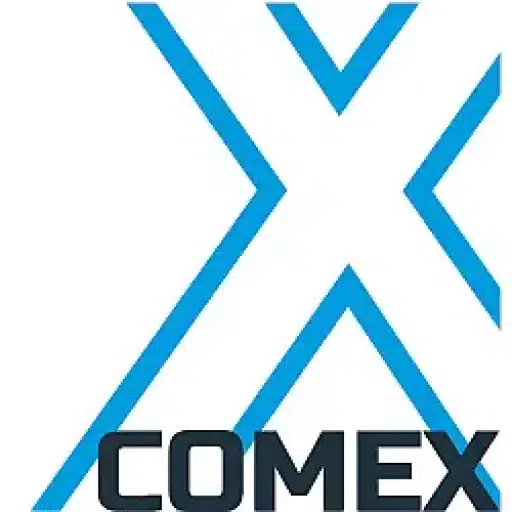+31 (0)43 30 88 400 | office@comex.eu

Quickly making the optimal medication
In the medical world, the use of personalized or personalized data is already known to some extent. Medication can increasingly be tailored to a high degree to an individual patient, and this is called personalized medicine. Drugs that match a patient’s DNA profile work more efficiently and have fewer side effects than generic drugs. However, this requires a lot of data storage.
Personalized medicine will take off more and more in the coming years. Already, prepping medications for cancer, among other things, involves drugs that are matched as much as possible to the patient’s genetic passport and cancer type. In this way, the drugs have a more efficient effect and side effects are minimized. A lot of data is needed to produce these medications, to get the scientific knowledge from them.
Fast vs expensive
To process these large amounts of data, first of all, you need super-fast computers. But in addition, these computers must be able to get the data they need quickly. So fast primary data storage. The point is, is that while this storage is available, it is, above all, extremely expensive. Big data on fast storage makes for a priceless combination.
Here’s how to solve it
The solution? Make the primary data you need acutely available on super-fast storage. The data you don’t currently work with, you place on a favorable archive storage that is also not slow. After all, you don’t need this data acutely right now, but so it is readily available the moment you need it. That way you can make a good combination of speed and (lower) cost of storage. So: a slightly smaller, super fast primary storage and a slightly less fast archive storage for the bulk of data, which is equally fast.
Separation
In fact, this approach is not much different from what we have been propagating for years: separate active and passive data and backup and archive data. Passive data is best not placed on your expensive primary storage, simply because you don’t use it much and this data does take up expensive storage space.


